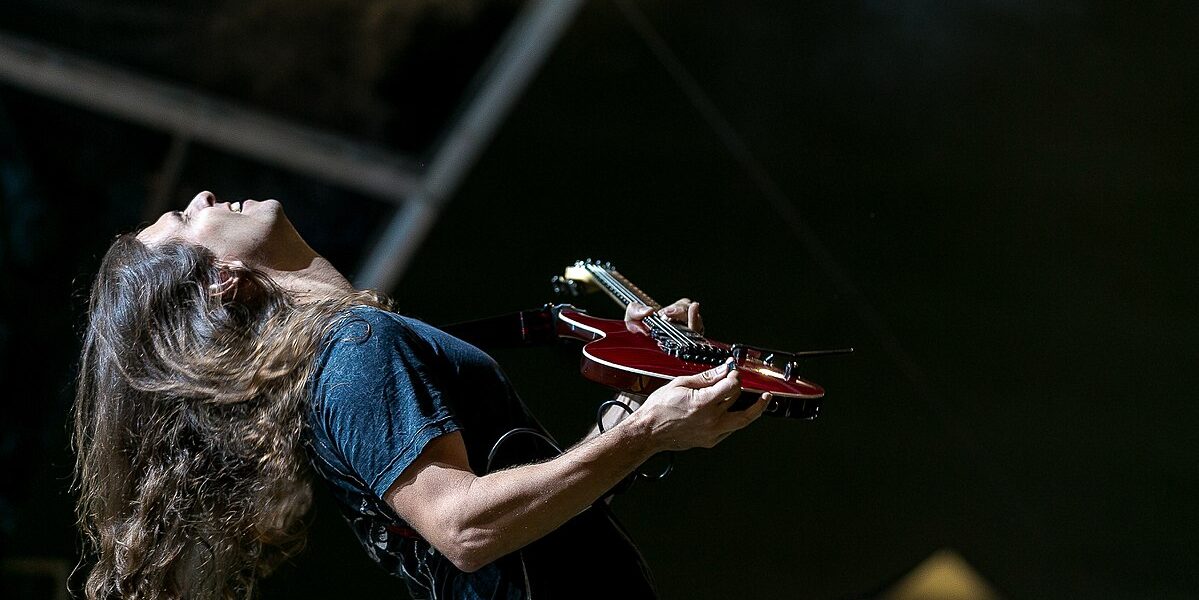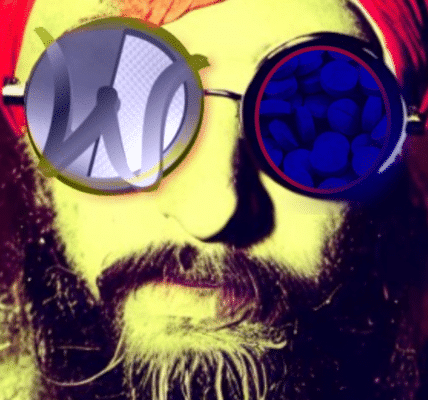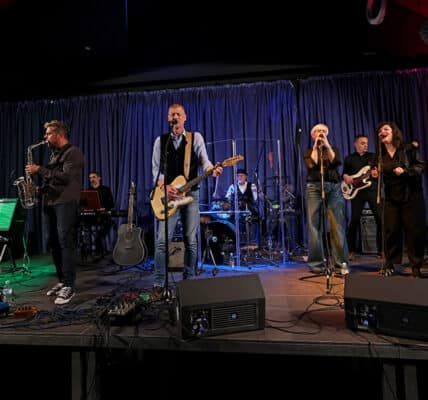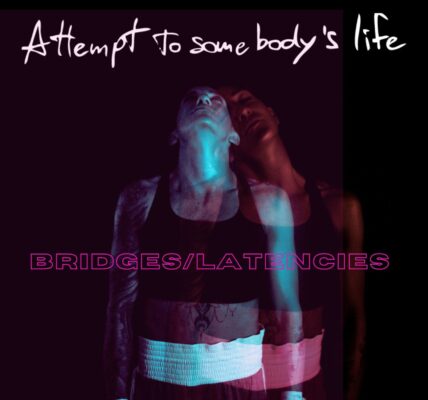by Christine Greyson
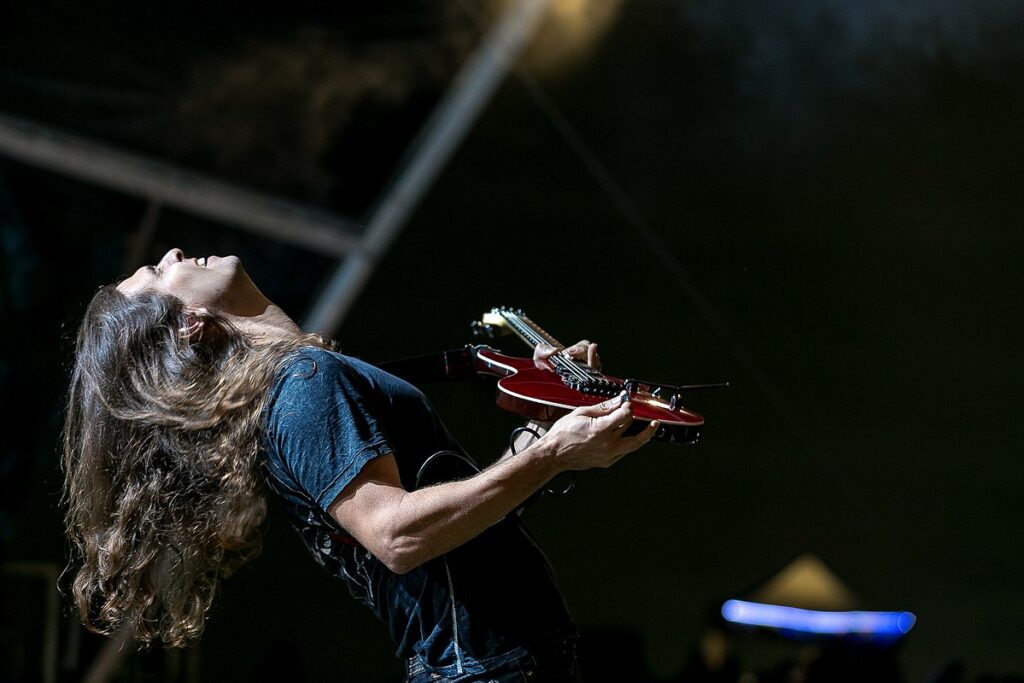
Interview with heavy metal artist Kiko Loureiro
I walked up to the upper level of the cruise ship to look out over a crowd of metalheads adorned in black, waiting as a soundcheck took place on the outdoor stage. A middle-aged man wore a plastic float resembling the torso of a nude cigar lady. He jumped into the pool with his beer. It was a beautiful, sunny day, and a warm breeze graced the excited patrons of the first Megacruise. No more than two days in, I got to meet and sit down with one of the heaviest hitters on the scene, Kiko Loureiro.
The conversation left me understanding this man was much more than a guitarist; he was a humanitarian. I also got the feeling he had bigger goals on his agenda. Some people in this world seem content with staying in one place, but some are never going to stand still. Kiko is always moving forward, pushing boundaries and refining his interests. The more I learned about him, the more my appreciation grew. After knowing him now since 2019, I’ve come to respect his educational goals and the guidance he provides to thousands of artists and upcoming musicians. Loureiro has been teaching music since he was sixteen.
The Kiko Loureiro Guitar Academy, one of the most interactive online learning experiences out there, is climbing upwards of 10k users—offering livestreams, interactive practice sessions, and even casual conference hang outs with Loureiro. He’s a philanthropist; a real hands-on instructor, and he’s a very busy man. I was fortunate to catch 20 quick minutes with him before a show at Wacken Open Air, Germany, to sort out the details of his operation strategy.
CG: What was the initial inspiration for starting the Guitar Academy?
Kiko: When I was really young, I had some friends who were asking me to teach them. I was sixteen, and it was a way to save money to buy strings and to save for new guitars and equipment. I eventually got into the academics, the theory, and I started to organize the way I studied music. This helped me to teach guitar clinics later—I started teaching clinics everywhere; sometimes in Universities, sometimes at places like the Namm show or Ibanez sponsored events. Later, I recorded some educational videos, and in 2008 I did my first instructional video in English. I always enjoyed having this long-time relationship with music education, so the internet, especially social media, opened up the possibility for bringing my experience with this to everybody.
So I started livestreaming and building courses. I decided to bring all these things together and create a more organized community. I can explain very complex things in an easy and accessible way, and I wanted to bring that to the academy. It’s a really fun thing to do, and it’s a way for me to keep practicing and keeping my knowledge relevant and up to date as well.
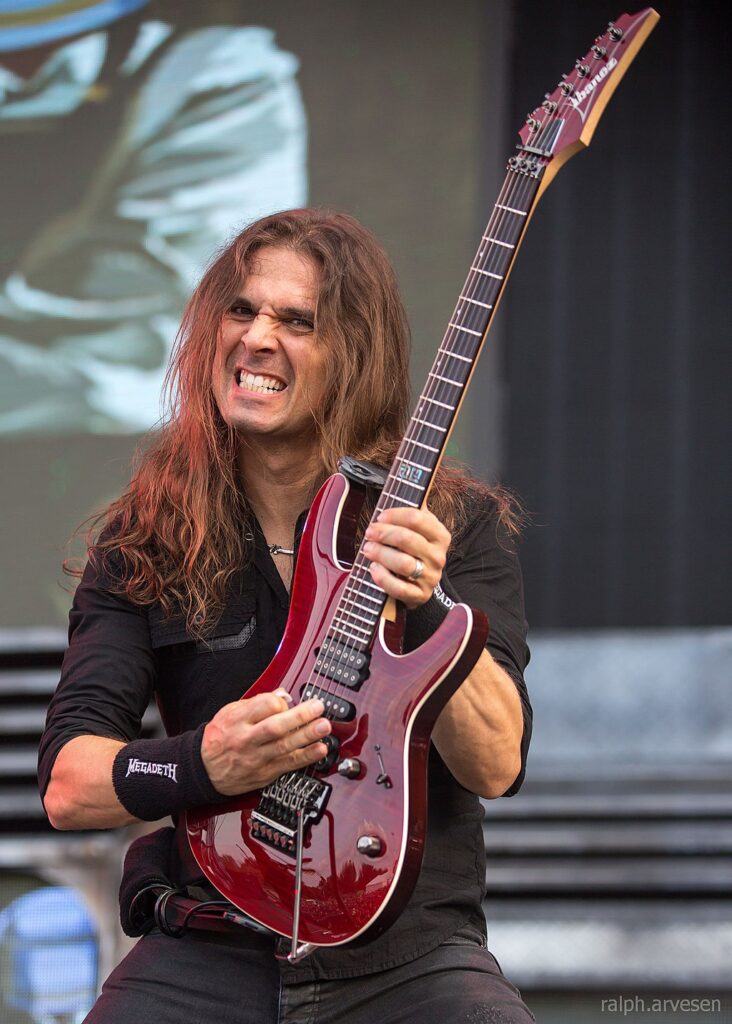
CG: Do you have any plans for future events at the academy? What can we look forward to?
Kiko: Yes. I’m always adding and playing with new ideas. I just added a full course on riffs—learning riffs and rhythm guitar is really important because most of the time we’re playing rhythms, right? So learning guitar is mainly based on scales and soloing… improvisation, but in the end, our solos are just those short moments in the song. As for new things, I’d like to add a course on recording with the guy who produced my solo album, Adair Daufembach. I want it to go into more explanation of equipment, software, recording tips, and even how to play the guitar in a way that sounds better for studio recording. Making sure you can play tight—realizing how to hit the strings in a specific way to bring a cleaner sound to the studio session. So that’s on the table.
CG: You’ve expressed how important community is to you. You’ve been having interactive masterclasses every month—how does that work?
Kiko: I like to get the community engaged, so I have masterclasses every month using conference software, and I like giving challenges to get everybody involved. I encourage them to turn their cameras on and show me what they’re doing. I believe it’s very important to have an active community between the students so I can keep bringing new perspectives to teaching those mandatory subjects. The Discord area allows me to listen and to find out what everybody needs; what is difficult, what is easy… so I find I’m always refining what I design for the academy.
CG: And your mentorship program is something completely different, right?
Kiko: The mentorship program is different; It’s not a guitar teaching platform. Some people have come over from the academy, but not all. I have drummers, singers, other people I’ve met along the way who are looking to focus on their careers. Some of them are musicians. Some are not; they’re people coming from another line of work and want to do something musically professional, like recording their first single. These are people who just love music and have never done anything like that before. I like to help them get started the right way, and to realize their dreams with the mentorship program.
We look at contracts, how to find and collaborate with other musicians, and how to market the music. Get it on Spotify, boost their social media, maybe find studio musicians if they need someone. Sometimes someone in the program might already be doing something great, but they’re not confident and don’t see their potential. Every person in the program has a different goal. It’s a smaller group, and we sit down together every other week (via Zoom). So it’s about what they’re doing with the music; it’s more individualized.
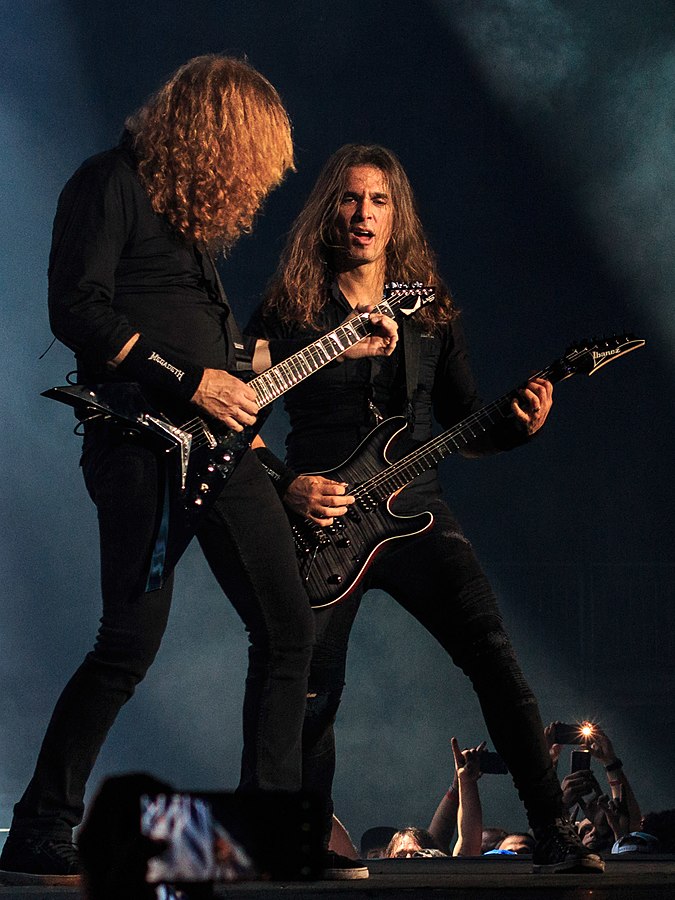
CG: Is this where you’ll stop? The mentorship and the academy? Or is something else on the horizon?
Kiko: At some point I’d like to explore putting together a guitar camp or weekend event. I’d like to bring people from the academy and the mentorship together. So that’s an idea I’m looking at for the future.
CG: You have a background in teaching music business tactics.. you’ve even given lectures for larger, corporate companies. Is this the kind of thing you bring into the mentorship?
Kiko: To go back to the beginning, I always loved playing music. I loved teaching music, buying music—I’ve always involved myself in music. At some point, I had to make a decision. How was I to do this professionally? We always either see people struggling, or we see them already at the top—famous, wealthy. It’s hard to see the in-between; the possibility to even have a music career. It’s very hard to understand the music industry from the outside.
I was studying biology at the University, and the idea of putting everything into a career in music was kinda scary. I remember my first band Angra; we started traveling, things started happening… and I remember seeing the guys in Europe talking about contracts, percentages and booking agents. Record label deals, merchandising deals; and they’re bringing up names I’ve never heard before. I started researching the names and buying music business books.. the boring, thick books with a lot of information and lawyer stuff, you know? I didn’t connect easily at first, but I kept studying and making connections with people at record labels and marketing companies as I went on. I learned by doing, basically. There’s another side to it. A lot of musicians don’t know the business side; how publishing works, how sync licensing works. There’s even a psychology behind it. You have to learn how to get over things like imposter syndrome, learn to ask for money.
I kind of dived into it and started doing lectures on this stuff. I set some of the lectures up myself, and I did some at Universities. I also brought into the lectures some of the musical end of things; cool stuff the bands would do to move forward, some music techniques, strategies for connecting with the fans. I got more experience hosting some lectures for bigger businesses in Brazil; phone companies and government agencies. It was very interesting, very different. Of course, my thing is guitar, so I didn’t dedicate too much of my time to those companies. (But bigger companies always pay really well.)
CG: You’ve designed both the academy and the mentorship to become an environment for collaboration. Is it happening like you expected?
Kiko: I’ve seen students from the academy as well as people from the mentorship get together and do their own thing. We have a Discord at the academy, and some of these people develop connections and even travel to meet up with each other for events and concerts. I’ve met up with groups of them at Megadeth shows. Some of them have started to make music together, some set up study groups and analyze songs. Sometimes I’m part of that group, sometimes I’m not. I believe this is very important.
Human beings are social. It’s good to have this energy; this tribal feeling. When we’re talking about learning, the group is very important.
Look at Universities—they aren’t special because of what they’re teaching. They’re special because of the community that’s there; you have direct contact with amazing professors, peers who keep you competitive, encouraged. You play music together, face to face. This is how I run the mentorship. It’s not about being a great guitarist; you don’t have to be. It’s about being encouraging or professional, and being able to bring something to the group and help people collaborate and network. People participating and bringing their experiences to each other. Setting up a healthy learning environment where everybody plays a part. The community at the academy works this way.
CG: Thank you so much for your time, Kiko.
Kiko: Thank you! Cheers, Christine.
Kiko Loureiro is currently touring Europe with Megadeth, and has mentioned another solo album in the future. He continues to check into the Guitar Academy as he travels, and hosts his mentorship meetings every other week.
Kiko grew up through the beginning of the Brazilian thrash metal age, cultivating a dream. Today, he’s considered one of our most notable and prominent musicians. He became the lead guitarist for Angra in 1992, he’s recorded five solo albums and released one solo DVD, and is now a cherished member of one of the biggest bands in the world, Megadeth.
Louriero write Negocios Para Criativos (Gente Publisher, only in Portuguese), a book that explores entrepreneurship and encourages creatives to master the business end of music.
Update, 12/02/2023; Kiko Loureiro is no longer touring with Megadeth, and is pursuing solo projects as well as concentrating on his Guitar Academy and Mentorship program as of 2024.
References:
Cheung, K. S. (2021). Implication on Perceived Usefulness of Open Educational Resources after a Rapid Switch to Online Learning Mode. In: R. Li, et al. (Eds.). Blended Learning: Re-thinking and Re-defining the Learning Process, Lecture Notes in Computer Science, Vol. 12830, pp. 298–308, Springer. DOI: https://doi.org/10.1007/978-3-030-80504-3_25.
Mhlanga, D. (2022). COVID-19 and the Key Digital Transformation Lessons for Higher Education Institutions in South Africa. Education Sciences, 12:7, 464, MDPI. DOI: https://doi.org/10.3390/educsci12070464.
